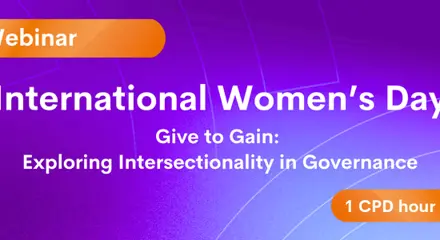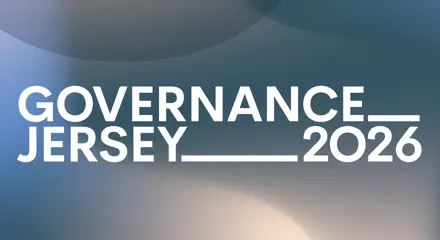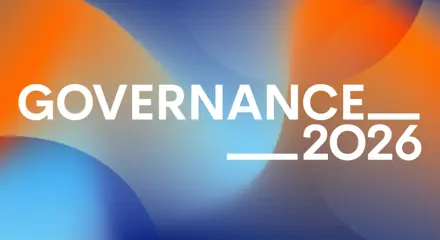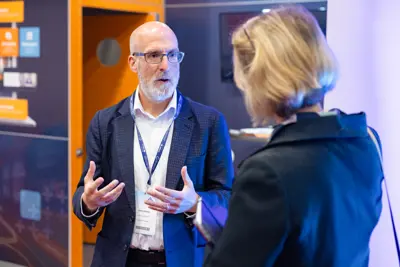At our conferences and summits, webinars and other CPD events, guidance and insight take centre stage. Discover the latest trends from leading experts, network with other governance professionals and generate ideas to keep you on the leading edge of our competitive industry. Taking place in the UK and Ireland, as well as in our overseas territories, attending a CGIUKI event will also earn you valuable CPD hours.
CGIUKI Annual Conference
The UK’s leading conference for governance professionals takes place every July with two days of topical panels, talks and advice.
Whether you’re an experienced governance professional, just starting out, or still studying, you’ll find inspiration here.
Expect speakers offering a wide range of perspectives from different sectors and organisations. Plus, it’s a fantastic opportunity to network with hundreds of governance professionals, company secretaries and experts.
Upcoming Events
All our events are available to members and non-members and are a mix of virtual and face-to-face, in locations around England as well as in our associated territories.
Our webinars are an easy way to delve into key topics and understand the latest policy changes. Often delivered in partnership with leading academics and companies, you’ll hear contributions from expert guest speakers across all areas of governance.


Governance Jersey 2026
Awards
In our role as the champion of good governance, we are proud to create opportunities for the governance community to shine a light on themselves.
Every year, usually in November, we hold a sparkling Awards event at a London hotel, where the best in governance - companies, teams and individuals - are recognised and awarded across a wide range of categories.
See our highlights of the 2025 Awards event
Local events
Our local branches and regions host a thriving, community-led calendar of events throughout the year.
With discussions on the key governance topics of the day, prolific speakers, local training courses, and smaller conferences, you’ll find lots of opportunities to top up your CPD hours.
Look out for networking events, awards dinners and socials, too. Anyone with an interest in governance is welcome to attend our local events, whether you’re a CGIUKI member or not. And you can attend any that you want, not just those run by your local branch.


